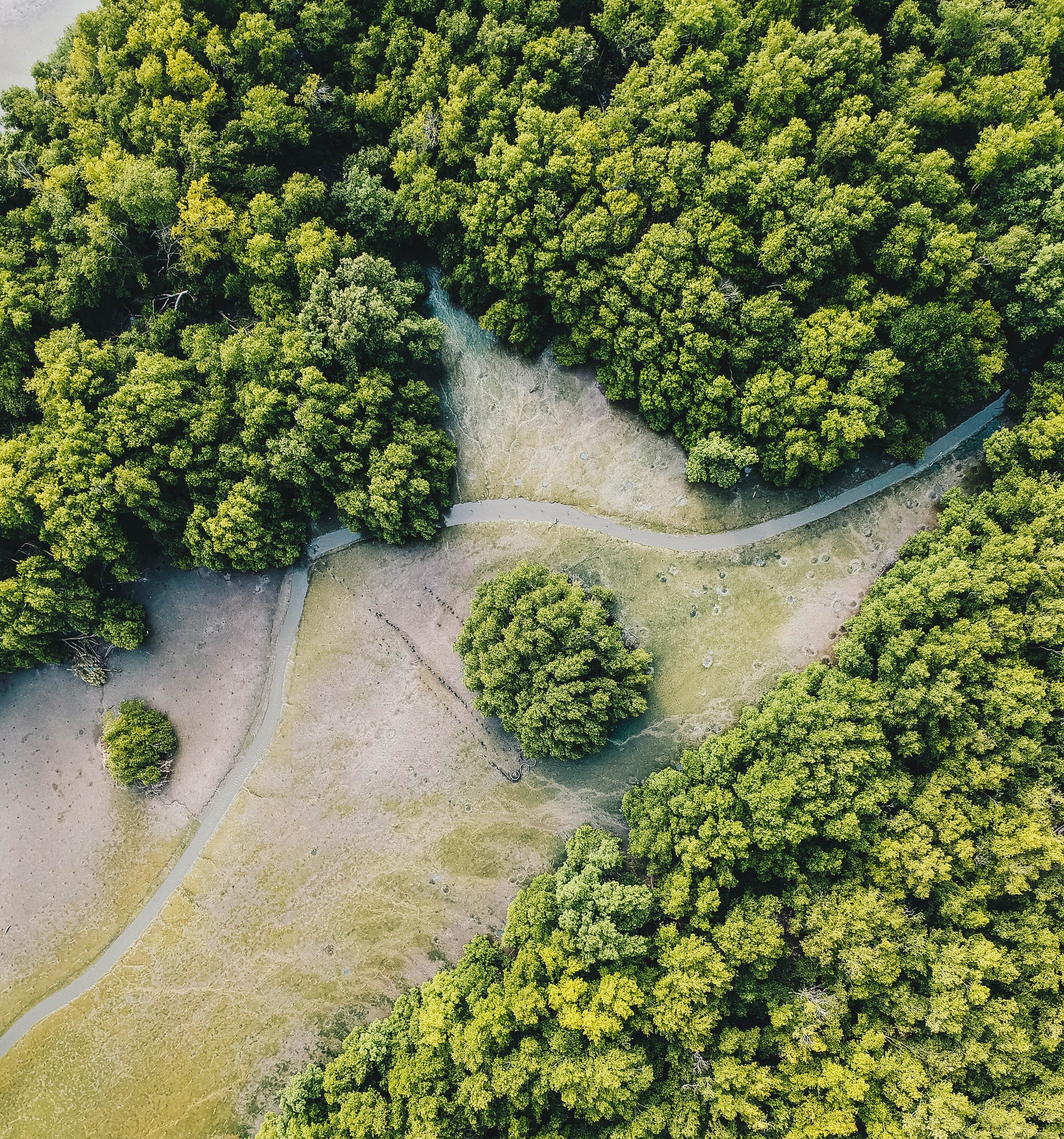Yucatan Peninsula Mangrove Restoration
The importance of Ejido land protection in the Yucatán cannot be overstated, especially when considering the ecological and socio-cultural significance of these communal landholdings.
Ejidos, a legacy of the Mexican agrarian reform movement, are communal lands where local communities have rights to cultivate and benefit from the land's resources, fostering a deep-rooted connection between the people and their environment. In the Yucatán, where the delicate balance of ecosystems such as the unique limestone sinkholes called cenotes, tropical forests, and the Mesoamerican Barrier Reef are at play, ejidos play a critical role in safeguarding against deforestation and unchecked development.
Furthermore, these communal areas provide a space for Mayan communities to practice traditional agriculture and preserve ancestral knowledge systems. This localized stewardship is crucial, as the people who live and work on the land are often best equipped to manage and protect it. By ensuring that ejido lands remain protected, we not only maintain ecological integrity but also champion indigenous rights and ways of life.
Mangroves serve as a testament to nature's ingenuity, forming a bridge between marine and terrestrial ecosystems. For coastal communities, these tangled networks of trees and shrubs are nothing short of life-savers. Mangroves provide a frontline defense against storm surges and rising sea levels, acting as natural buffer zones that reduce the impact of hurricanes and typhoons.
Their complex root systems stabilize coastlines, preventing erosion and creating a sanctuary for diverse marine life, including commercially valuable fish and shellfish species. Additionally, mangroves play a pivotal role in carbon sequestration, trapping and storing large amounts of carbon dioxide, making them essential players in the fight against climate change.
For the coastal communities, many of which rely on fishing and tourism as primary sources of income, the health of the mangroves is intrinsically tied to their economic well-being and food security. Therefore, protecting mangroves isn’t just an environmental prerogative, but a socio-economic necessity.



